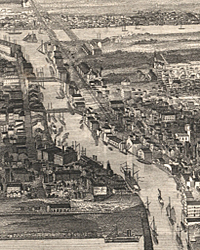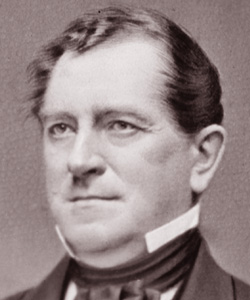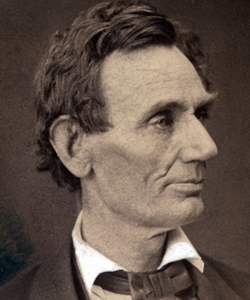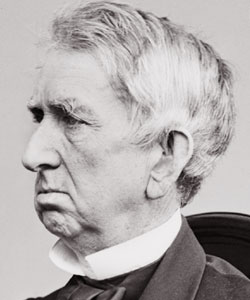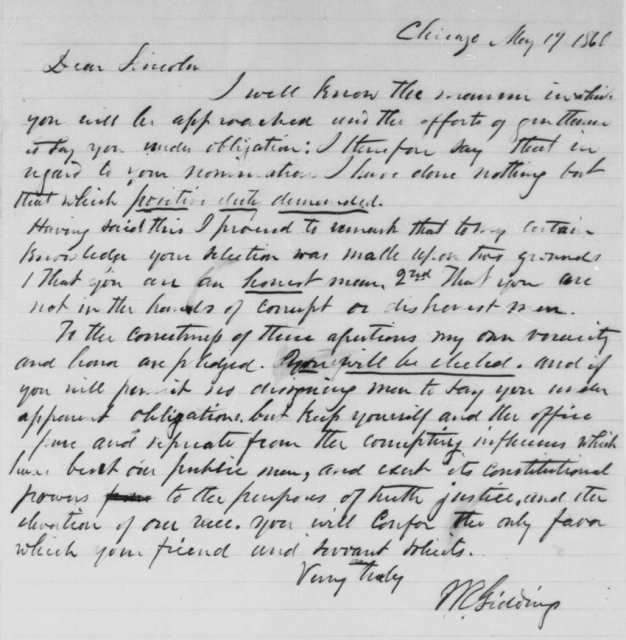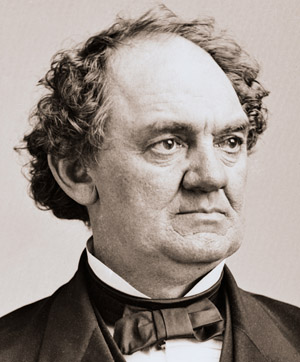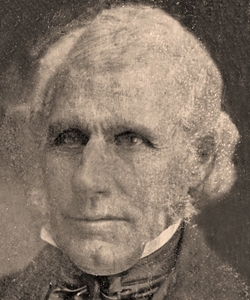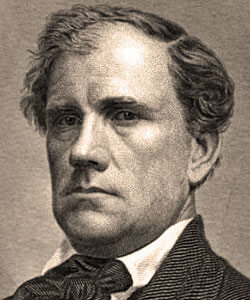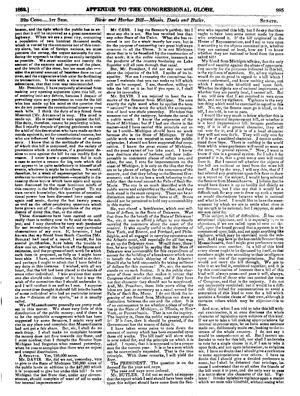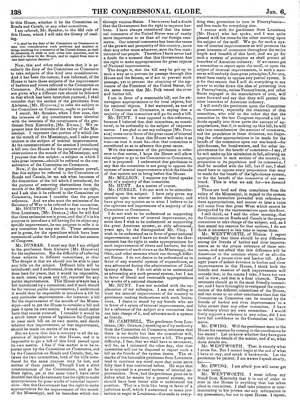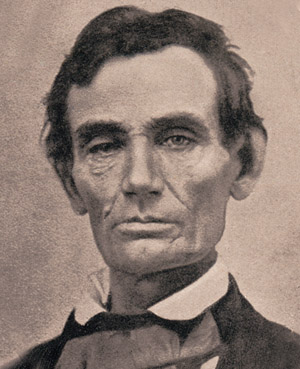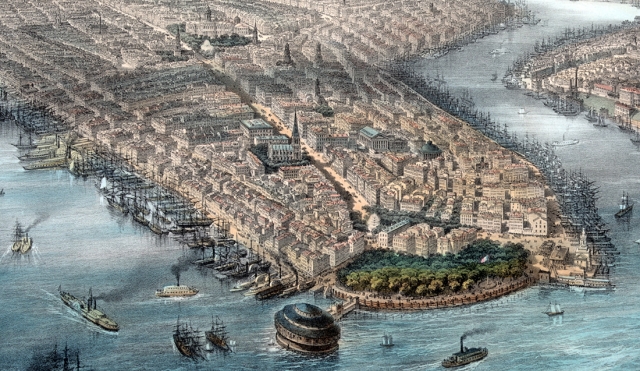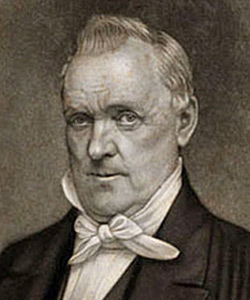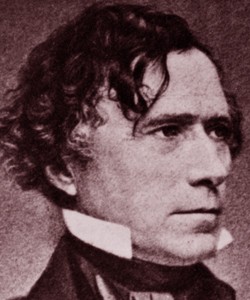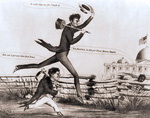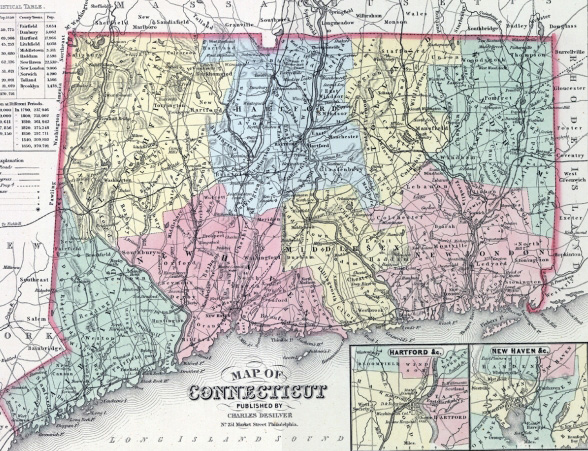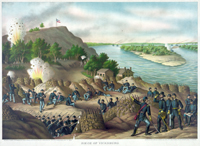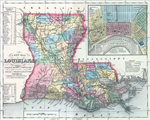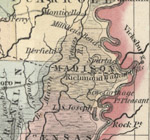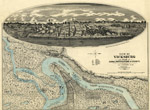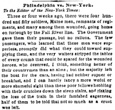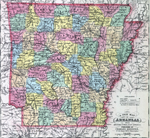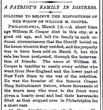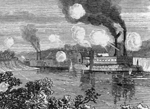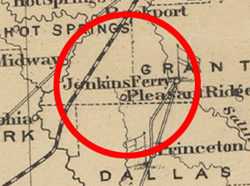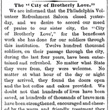By the late 1840s the economies of the two sections were evolving. Those changes accelerated the end the era of compromise and prompted a decade of conflict that culminated in civil war. In the North the most important development was the reorientation of trade from its north-south channel along the Mississippi to an east-west axis that included the Great Lakes and the Erie Canal. Shipping along the Mississippi continued to grow. But the commerce that went east-west by lake steamers and canal boats, and after 1855 by railroads, became far greater. Pressing concerns shaped the outlook of those living near the lakes. All the lake ports, including Chicago, Cleveland, Milwaukee, and Buffalo, required extensive federal funds to build piers and dredge their harbors. The Great Lakes have no natural harbors, and the job of keeping ports open — as opponents wryly noted — was endless. Those who relied on the lakes also needed assistance to open several chokepoints tying up commerce, particularly the passages at Sault Ste. Marie and the Saint Clair Flats near Detroit. Recurrent demands for federal outlays made these individuals advocates of higher tariffs because that impost was the chief source of government revenues.
Lake congressmen and their allies in New England defended these requests for funds by waving the banner of nationalism. But it was a nationalism based on “What is good for the Lakes is good for the country.” Chicago representative “Long John” Wentworth (the tallest man in Congress) announced his credo: “I am a national man in every sense of the word…and am growing stronger in the faith every day I live. The commerce of my constituents is that of the whole nation.” New Englanders, who could now sell more shoes and cloth to the West, echoed this sentiment. After Lewis Cass finished a speech on the need for a canal at the eastern end of Lake Superior, Massachusetts Senator John Davis announced his wholehearted support for the project. “I am rejoiced to hear the remarks of the Senator from Michigan,” Davis stated. “He uses exactly the right word when he applies the term ‘national’ to the work for which the appropriation of land was made yesterday.” This self-serving nationalism, fully enunciated by midcentury, would become the ideological basis for Republican policies during the Civil War and the ensuing decades.
